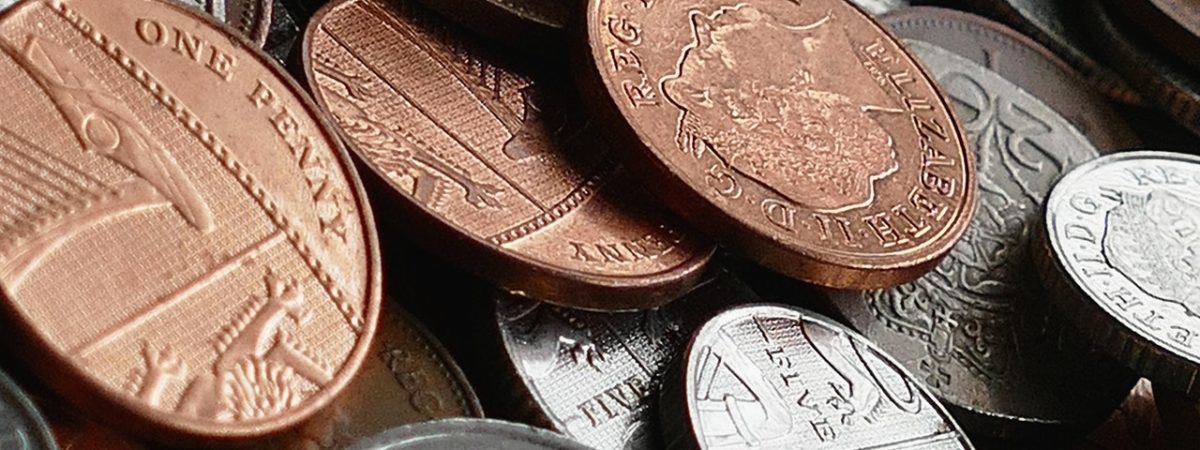IEA economist responds as UK inflation hits 30-year high
SUGGESTED



“The further rise in inflation in December is a classic example of too much cheap money chasing too few goods, and services.
“It is tempting to attribute the surge in inflation to whichever prices happen to be increasing the most, particularly essentials such as energy and food. However, the underlying cause is the huge amount of new money that has been pumped into the global economy by central banks. This is likely to keep inflation higher for longer, even if some prices fall back.
“The onus should therefore be on central banks to withdraw this monetary stimulus more quickly, both by raising interest rates and starting to sell assets purchased under the policy of quantitative easing.
“The government should not attempt to tackle inflation by setting individual prices, which is sure to backfire. Markets need to be allowed to work properly, including energy markets, and more state intervention could simply distort price signals.
“Instead, the government should focus on helping the most vulnerable households, which is best done via the benefit system. Now is also a particularly bad time to be adding to their burden by raising taxes.”
ENDS Notes to editorsContact: Emily Carver, Head of Media, 07715 942 731IEA spokespeople are available for interview and further comment.You can download a copy of the IEA paper Inflation: The next threat? here.
At a presentation held at the IEA, authors of Inflation: The next threat? Professor Tim Congdon and Dr Juan E. Castañeda argued that the current upturn in inflation can be explained by a marked acceleration in UK money growth since spring 2020. You can watch the presentation on the IEA YouTube channel here.



